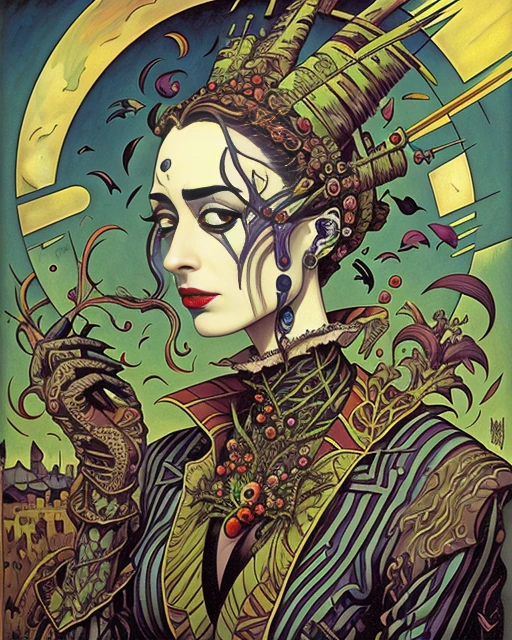Non-fungible tokens (NFTs) have emerged as a transformative technology with the potential to revolutionize various industries, including agriculture. These unique digital assets, representing ownership of real-world or virtual items, are poised to disrupt the agricultural landscape by enhancing traceability, provenance, and transparency, empowering farmers, fostering consumer engagement, and promoting sustainable practices.
Traceability and Provenance: Ensuring the Authenticity of Food
One of the most significant benefits of NFTs in agriculture lies in their ability to enhance traceability and provenance. By assigning unique NFTs to individual agricultural products, farmers can create a verifiable digital record of their journey from farm to table. This transparent system allows consumers to trace the origin of their food, ensuring authenticity and providing peace of mind regarding the quality and sustainability of their purchases.
Case Study: OriginTrail
OriginTrail, a leading blockchain-based traceability platform, is pioneering the use of NFTs in the agricultural supply chain. By integrating sensor data, weather information, and other relevant information into NFTs, OriginTrail enables farmers to create a comprehensive digital representation of their products. This detailed record can be accessed by consumers, allowing them to make informed decisions about their food choices.
Transparency and Consumer Engagement: Empowering Informed Choices
NFTs also promote transparency within the agricultural supply chain, empowering consumers to make informed choices about the food they consume. By providing access to real-time data on production practices, environmental impact, and social responsibility initiatives, NFTs enable consumers to connect with farmers and gain a deeper understanding of their food choices.
Case Study: CropTrust
CropTrust, a non-profit organization dedicated to conserving crop diversity, is leveraging NFTs to protect heirloom seeds and promote sustainable agriculture practices. By linking NFTs to unique seed varieties, CropTrust ensures that heirloom seeds remain traceable and protected from genetic modification. Additionally, NFTs facilitate the exchange of these seeds among farmers, fostering innovation and promoting sustainable practices.
Unlocking New Revenue Streams for Farmers
NFTs also offer farmers the opportunity to monetize their unique agricultural assets, such as rare breeds of livestock, heritage seeds, or exclusive produce. By tokenizing these assets, farmers can create a marketplace where they can sell or lease their digital representations to consumers or other businesses. This opens up new revenue streams for farmers and enables them to capture the full value of their creations.
Case Study: AgriChain
AgriChain, a blockchain-based platform, is connecting farmers with consumers through NFTs. By digitizing agricultural assets, AgriChain enables farmers to connect directly with consumers, bypassing intermediaries and maximizing their profits. This direct-to-consumer model empowers farmers and provides consumers with access to high-quality, locally produced products.
Promoting Sustainable Practices and Enhancing Efficiency
NFTs can also be used to promote sustainable agricultural practices and enhance efficiency within the supply chain. By tracking data on water usage, fertilizer application, and carbon emissions, NFTs allow farmers to demonstrate their commitment to sustainable practices. This transparency can attract eco-conscious consumers and incentivize farmers to adopt sustainable methods. Additionally, NFTs can optimize supply chain logistics by providing real-time data on product availability, demand, and transportation routes. This improved efficiency can reduce food waste and transportation costs, leading to a more sustainable and cost-effective agricultural sector.
Conclusion: Paving the Way for a More Sustainable and Transparent Food System
NFTs have the potential to revolutionize the agriculture sector by enhancing traceability, promoting transparency, unlocking new revenue streams for farmers, and promoting sustainable practices. As NFT technology continues to evolve, we can expect to see even more innovative applications that transform the way we produce, consume, and think about our food. The future of agriculture is bright, and NFTs are poised to play a key role in shaping a more sustainable, transparent, and connected food system.






